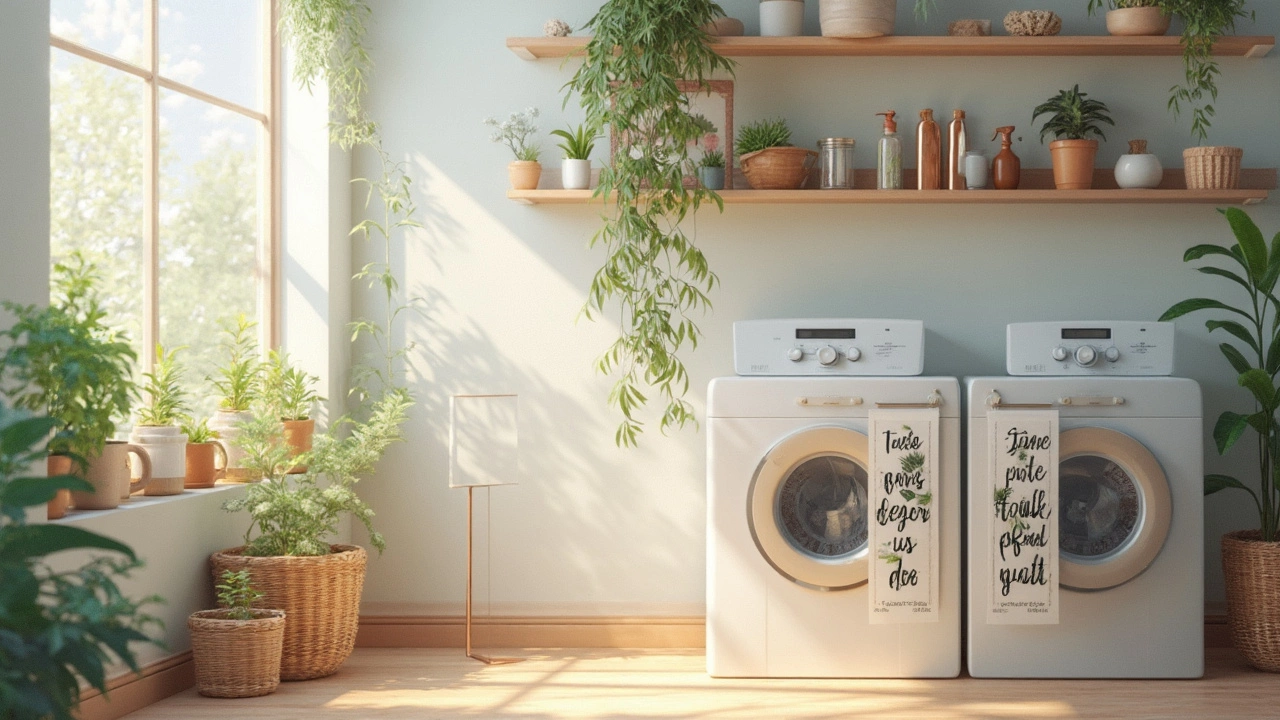Natural Soap: The Easy Way to Clean Without Harsh Chemicals
If you’re tired of strong smells and mysterious ingredients on product labels, natural soap might be the answer. It’s made from plant‑based oils, minerals, and sometimes a touch of essential oil, so you get a cleaner that’s safe for kids, pets, and the planet. Below we’ll show you how to spot a good natural soap, why it works, and quick ways to use it around the house.
What Makes a Soap ‘Natural’?
First, look at the ingredients list. A natural soap usually contains a base of saponified oils – think olive, coconut, or castor oil – plus a small amount of sodium or potassium hydroxide that turns the oils into soap. Anything labeled “fragrance” or “paraben” is a red flag because those are synthetic chemicals. If the label lists essential oils for scent, that’s fine – they’re plant‑derived and break down harmlessly.
Another clue is the production method. Cold‑process soaps are mixed at low temperatures, which keeps the natural oils intact and reduces the need for extra chemicals. These soaps often have a creamy lather and a gentle pH, making them kinder to skin and surfaces.
Why Natural Soap Works Better Than Conventional Cleaners
Natural soaps cut through grease and grime by surrounding dirt particles with tiny bubbles. The oils in the soap actually lift the grime, while the water washes it away. Because there’s no harsh surfactant, you won’t leave a residue that can attract more dust later.
Using natural soap also means you avoid volatile organic compounds (VOCs) that can irritate lungs and contribute to indoor air pollution. A home cleaned with natural soap stays fresher, and you won’t have to worry about lingering chemical smells after you’re done.
For those who care about the environment, natural soaps are biodegradable. They break down quickly in waterways, so they don’t harm aquatic life the way some synthetic cleaners can.
Everyday Uses – From Kitchen to Bathroom
In the kitchen, a few drops of liquid natural soap mixed with warm water makes a great dish‑washing solution. It cuts oil on pots and pans without stripping the finish.
For countertops, spray a mix of natural soap and water and wipe with a microfiber cloth. The soap lifts spills while the cloth leaves a streak‑free surface.
Bathrooms benefit from a gentle scrub. Make a paste of natural soap and a little baking soda for tiles, tubs, and grout. The mild abrasiveness removes soap scum without scratching the surface.
Even fabrics can be cleaned with natural soap. Add a small amount to your washing machine for a fresh, chemical‑free load. It works well on baby clothes, activewear, and delicate items.
DIY Natural Soap Recipes You Can Try
Want full control over what goes on your shelves? Try this simple liquid soap recipe: dissolve 1 cup of grated castile soap in 4 cups of hot water, add a teaspoon of olive oil for extra shine, and a few drops of lemon essential oil for scent. Store in a pump bottle for easy use.
For a solid bar, melt 200 g of shea butter with 300 g of coconut oil, add 100 g of lye solution, mix until thick, then pour into molds. After a week of curing, you have a bar that lasts months.
These recipes let you tailor the scent and oil blend to suit your home’s needs, and you’ll know exactly what’s inside every batch.
Choosing the Right Natural Soap for Your Home
When you shop, ask yourself three questions: Is the oil source sustainable? Does the product list all ingredients clearly? Is the soap packaged in recyclable or reusable containers? Brands that answer yes to all three are usually the best bets.
Dandy Fox Cleaning Services prefers natural soap for many of its jobs because it aligns with our eco‑friendly promise. We find that clients love the fresh feel and the peace of mind knowing no harsh chemicals are left behind.
Give natural soap a try today – you’ll notice the difference in how clean your surfaces feel, and you’ll enjoy a healthier home environment without the extra chemical baggage.

The Most Eco-Friendly Laundry Detergent: Making Green Choices
Finding an environmentally friendly laundry detergent isn't just trendy—it's a smart way to reduce your carbon footprint and minimize chemical exposure. In 2025, a growing number of brands now offer greener options that fit different budgets and needs. Typically, these detergents use plant-based ingredients and come in biodegradable packaging. I'll explore some of the best eco-friendly detergents out there and what makes them superior for both your clothes and the planet.
Read More